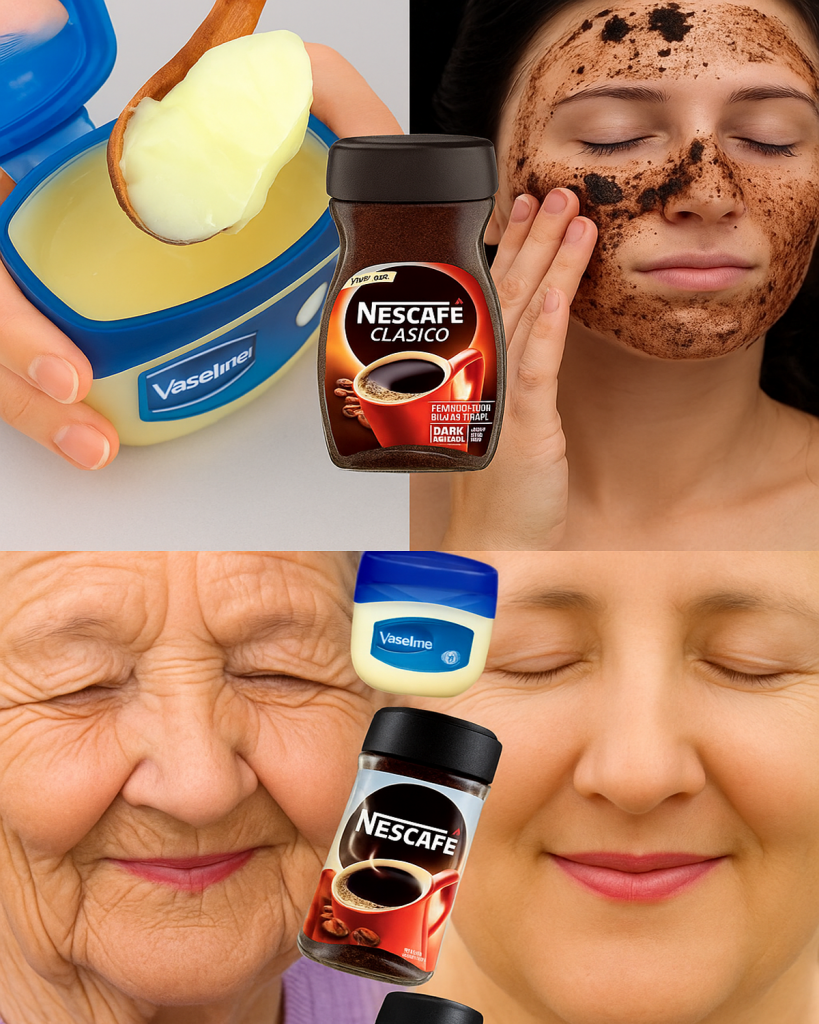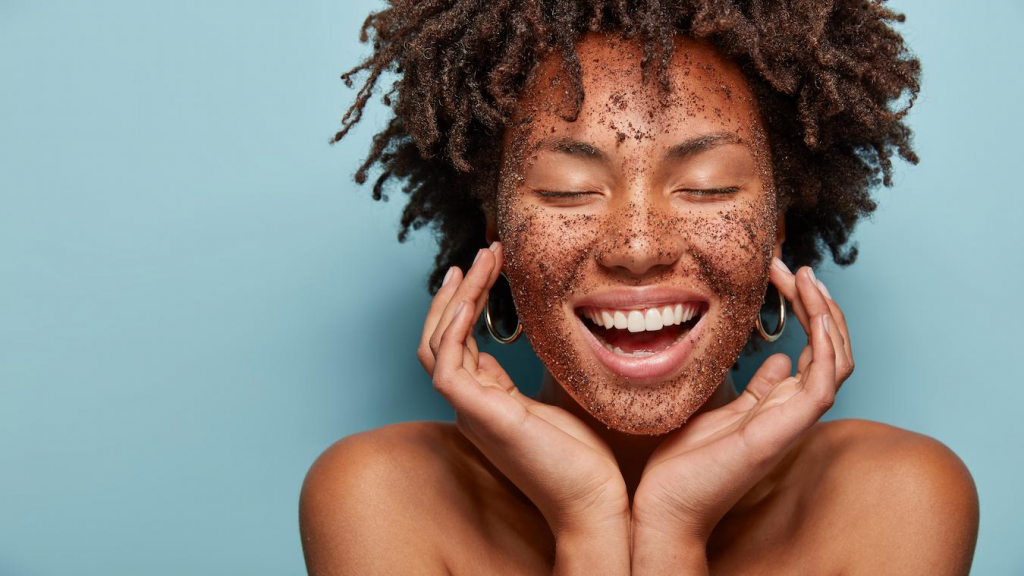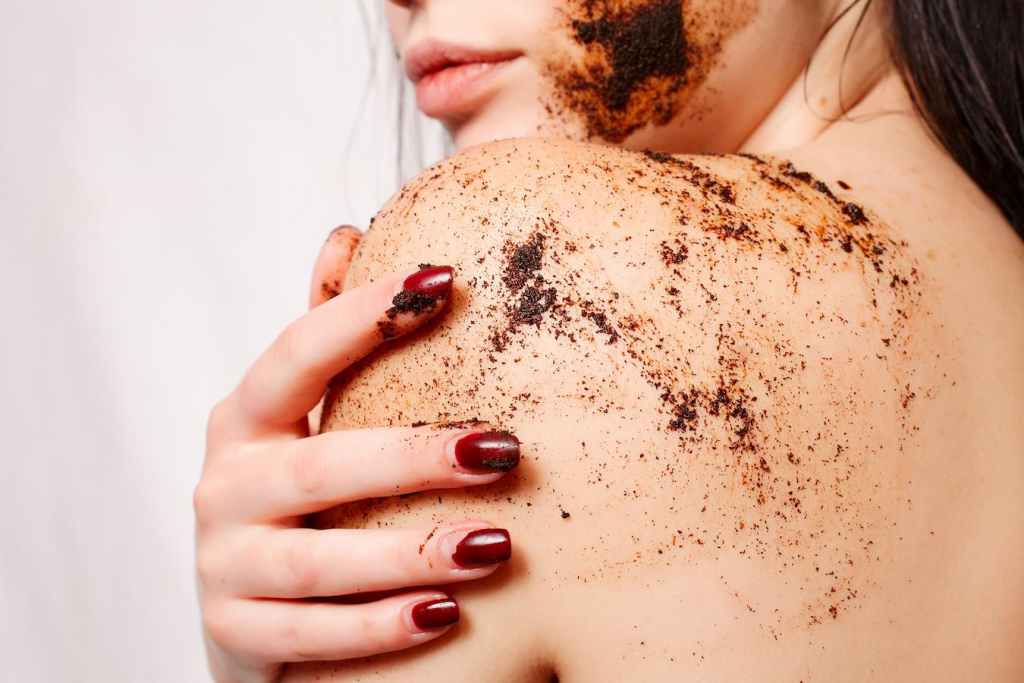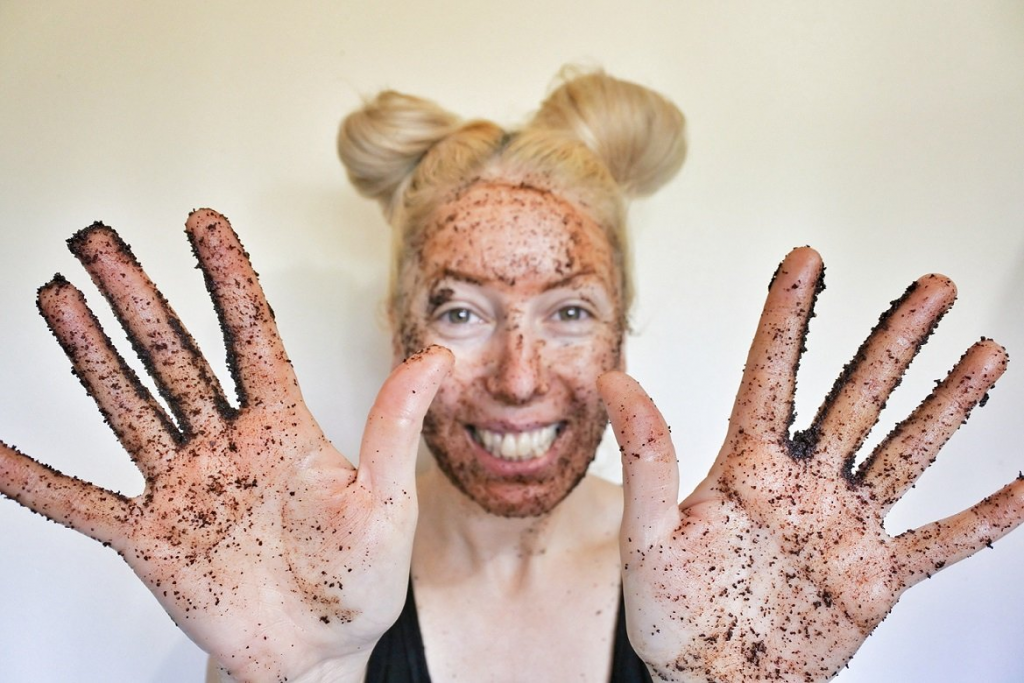Wrinkles are one of the most visible signs of aging, and billions of dollars are spent each year on creams, injections, and surgical procedures designed to fight them. But what if the secret weapon against wrinkles has been sitting in your kitchen cabinet all along? According to several studies and natural beauty traditions, coffee may do far more than energize your mornings—it could also support smoother, younger-looking skin, even for people in their 60s and 70s.
In fact, coffee is one of the richest natural sources of antioxidants, with more than 1,000 bioactive compounds that protect the skin against damage from free radicals. Dermatologists confirm that antioxidants are essential for collagen preservation, which directly impacts the appearance of fine lines and wrinkles. But here’s the fascinating part: coffee is not just for drinking. When applied topically or combined with other natural ingredients, it may help exfoliate dead cells, tighten skin, and enhance circulation, creating a natural facelift effect.
This article will walk you through the science, the methods, and the real-life applications of coffee for skin health. By the end, you’ll know exactly how to use coffee in your skincare routine to promote a youthful glow without spending a fortune on expensive products.

Why Coffee Is Powerful for Skin Health
Rich in Antioxidants
Coffee contains high levels of polyphenols, chlorogenic acid, and melanoidins, which act as powerful antioxidants. These compounds neutralize free radicals—unstable molecules that damage skin cells and speed up aging. By reducing oxidative stress, coffee helps preserve elasticity and minimize the breakdown of collagen.
Natural Exfoliation
Ground coffee works as a gentle yet effective exfoliator. When massaged onto the skin, it removes dead skin cells, unclogs pores, and stimulates cell renewal. This leaves the skin brighter and smoother almost instantly.
Improves Circulation
Caffeine in coffee constricts blood vessels while boosting blood flow in surface layers of the skin. This combination reduces puffiness, lightens dark circles under the eyes, and creates a firmer look.
Anti-Inflammatory Properties
Coffee’s bioactive compounds also have anti-inflammatory effects, soothing redness and calming irritated skin. This is especially useful for mature skin, which is often more sensitive.

How to Use Coffee for Wrinkle Reduction
Coffee Face Mask
One of the most popular methods is applying a homemade coffee mask. Here’s a simple recipe:
Ingredients
- 2 tablespoons of finely ground coffee
- 1 tablespoon of honey (natural humectant for hydration)
- 1 tablespoon of plain yogurt (lactic acid for gentle exfoliation)
Instructions
- Mix all ingredients into a smooth paste.
- Apply evenly to your face and neck.
- Leave on for 15–20 minutes.
- Rinse off with lukewarm water and pat dry.
This mask nourishes the skin, removes impurities, and provides an immediate tightening effect.

Coffee Scrub
For a deeper exfoliation, combine coffee grounds with coconut oil or olive oil to create a natural scrub. Massage gently in circular motions to boost circulation and remove dead cells. Use once or twice a week for best results.
Coffee Ice Cubes
Freeze brewed coffee in an ice tray. In the morning, rub a cube gently over your face for a refreshing tightening effect. This method reduces puffiness and instantly wakes up tired-looking skin.
Under-Eye Treatment
Mix coffee grounds with a few drops of almond oil and apply under the eyes for 10 minutes. It can help reduce dark circles and fine lines caused by fluid retention and fatigue.

Real-Life Example: Case Study
Clara, a 68-year-old retired teacher, struggled with deep wrinkles around her mouth and crow’s feet near her eyes. Instead of investing in expensive creams, she started applying a coffee-honey mask twice a week and used coffee ice cubes daily. After three months, she noticed:
- Softer skin texture
- Reduced appearance of fine lines
- A natural glow without makeup
Her dermatologist confirmed that while wrinkles cannot be erased entirely, Clara’s skin looked healthier and more hydrated thanks to consistent use of coffee-based treatments.
Comparing Coffee with Conventional Products
| Factor | Coffee | Store-Bought Creams |
|---|---|---|
| Cost | Very low (under $1 per mask) | $30–$300 per product |
| Natural Content | 100% natural | Often contains synthetic ingredients |
| Antioxidants | Extremely high | Varies by formula |
| Side Effects | Minimal if patch-tested | Possible irritation, allergies |
| Sustainability | Eco-friendly (repurposed coffee grounds) | Packaging waste |

Tips for Best Results
- Always use freshly ground coffee for maximum antioxidants.
- Test any coffee-based product on a small area of skin before applying to the face.
- Pair coffee skincare with a healthy lifestyle: balanced diet, hydration, and sun protection.
- Consistency matters—results appear gradually after weeks of regular use.
Frequently Asked Questions
Can coffee really remove wrinkles completely?
Not entirely. Coffee can improve skin appearance, reduce fine lines, and support elasticity, but it cannot fully erase deep wrinkles.
How often should I use coffee masks?
1–2 times per week is enough to see benefits without irritating the skin.
Is drinking coffee as effective as applying it on skin?
Drinking coffee provides antioxidants internally, which supports overall skin health, but topical application offers direct results on texture and tone.
Does coffee work for all skin types?
Generally yes, but people with very sensitive skin should patch-test first.
Conclusion
Can coffee really fight wrinkles? Yes—when used wisely, coffee can exfoliate, brighten, and firm the skin, offering a natural alternative to costly products.
Is it a miracle cure? No, but it’s a powerful support for healthier, younger-looking skin.
What’s the secret? Consistency, natural ingredients, and pairing with good lifestyle habits.
Bottom line: Whether you drink it, apply it, or both, coffee can be your ally in anti-aging skincare—proving that sometimes, the simplest solutions are the most effective.
Disclaimer: This article is for informational purposes only and does not replace professional dermatological advice. Always consult a qualified healthcare provider for concerns about your skin health.




